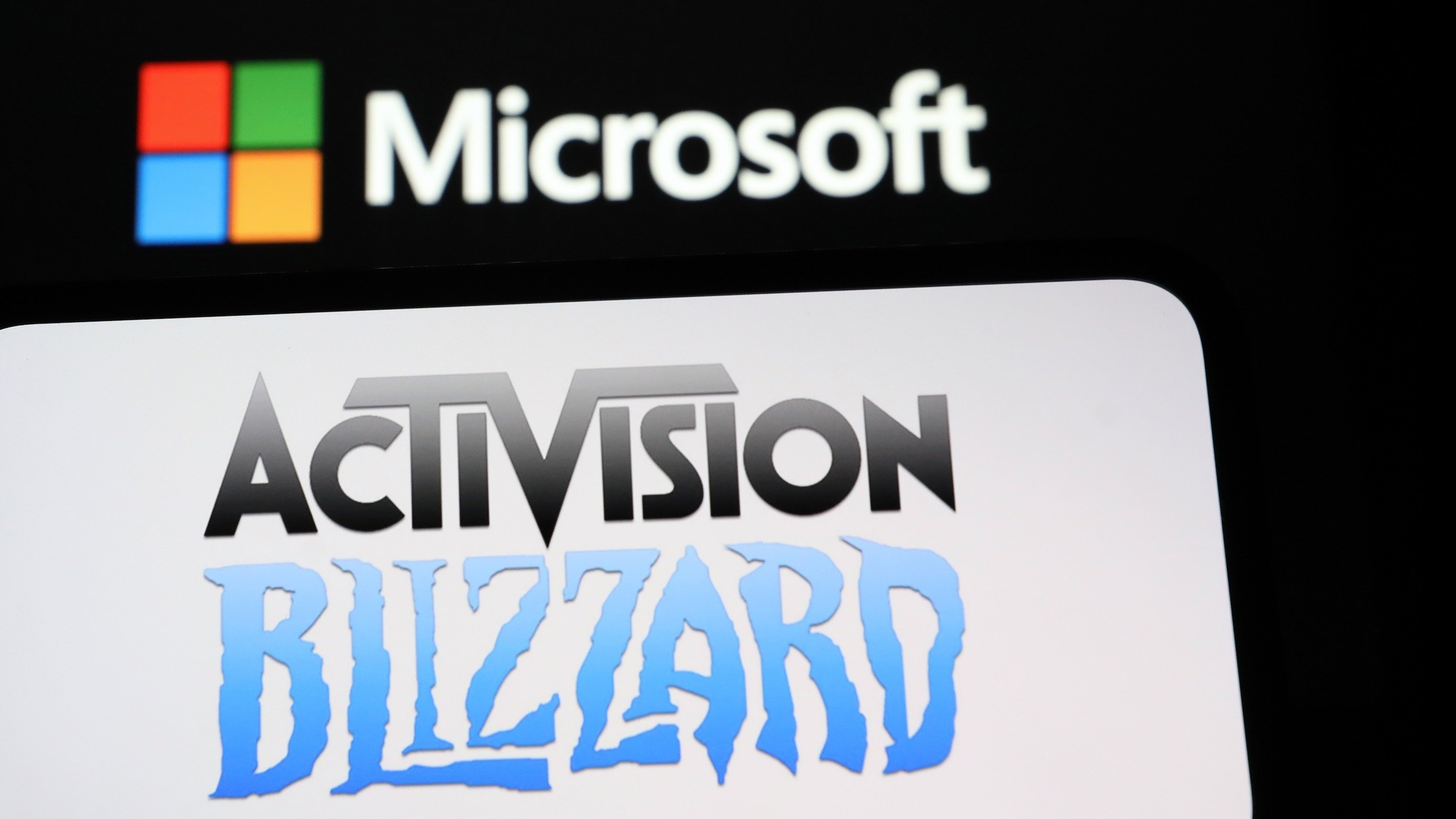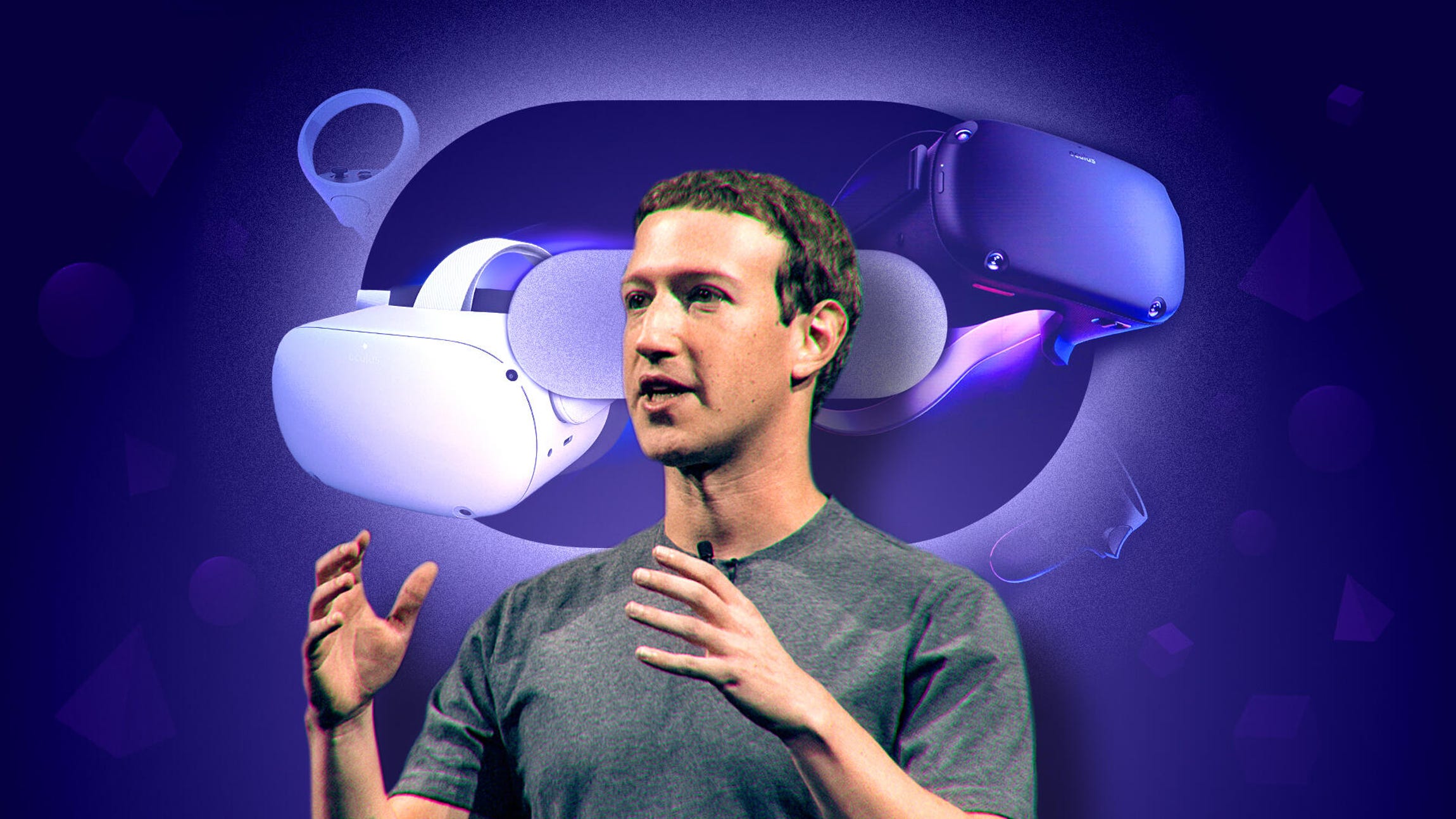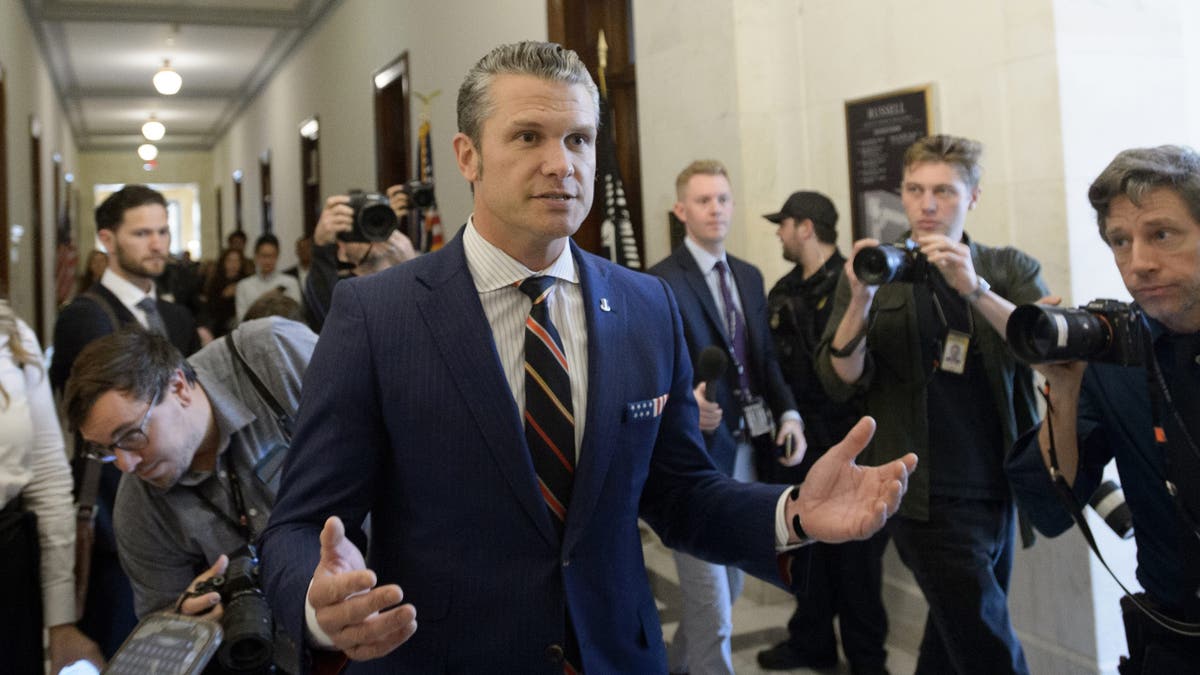FTC's Appeal Against Microsoft's Activision Blizzard Purchase

Table of Contents
The FTC's Concerns Regarding Anti-Competitive Practices
The FTC's primary concern revolves around the potential for anti-competitive practices resulting from the merger. They argue that Microsoft acquiring Activision Blizzard would create an unfair monopoly, ultimately harming consumers.
Market Domination Fears
The FTC believes this merger would significantly reduce competition within the gaming market, leading to several negative consequences for consumers.
- Reduced competition in the console gaming market: Microsoft's Xbox already competes with Sony's PlayStation and Nintendo's Switch. The addition of Activision Blizzard's powerful portfolio could tip the scales dramatically, potentially creating a dominant market position for Microsoft.
- Potential for exclusive game releases on Xbox, limiting availability on PlayStation and other platforms: The FTC worries that key Activision Blizzard titles, especially the immensely popular Call of Duty, could become Xbox exclusives, limiting consumer choice and potentially harming competitors. This could force gamers to switch platforms or miss out on popular games altogether.
- Impact on subscription services like Game Pass: The integration of Activision Blizzard's games into Microsoft's Game Pass subscription service could further strengthen its position, potentially weakening competing subscription services and limiting consumer options.
Call of Duty Exclusivity
A central point of contention is the Call of Duty franchise. The FTC argues that making Call of Duty exclusive to Xbox would be a significant anti-competitive move, substantially harming competitors like Sony PlayStation.
- The immense popularity and profitability of Call of Duty: Call of Duty consistently ranks among the best-selling and most-played games globally. Its exclusivity would be a major blow to competing platforms.
- The FTC’s argument for the game’s significance in maintaining competition: The FTC emphasizes Call of Duty's role in maintaining a competitive market and argues its exclusivity would substantially lessen competition.
- Microsoft’s counter-arguments regarding continued multi-platform releases: Microsoft has repeatedly pledged to continue releasing Call of Duty on PlayStation, but the FTC remains unconvinced.
Microsoft's Defense Strategy
Microsoft vigorously defends the acquisition, arguing it will benefit consumers and increase competition.
Arguments Against Anti-Competitive Behavior
Microsoft contends that the merger will lead to positive outcomes for gamers.
- Promises to continue releasing Call of Duty on PlayStation: Microsoft insists it will honor its commitments to keep Call of Duty available on PlayStation, aiming to alleviate the FTC’s concerns.
- Claims of expanding Game Pass to benefit gamers with diverse gaming options: Microsoft highlights the expansion of Game Pass as a way to offer consumers more gaming options at a potentially lower cost.
- Emphasis on increased innovation and investment in the gaming industry: Microsoft argues that the combined resources will lead to more innovation and investment in the gaming industry, ultimately benefiting consumers.
Proposed Solutions and Concessions
To address the FTC's concerns, Microsoft may offer concessions.
- Potential licensing deals to ensure Call of Duty remains on competing platforms: Licensing agreements could guarantee the availability of Call of Duty on PlayStation and other platforms for a specified period.
- Structural remedies to prevent market consolidation: Microsoft might offer structural changes to the deal to address concerns about market dominance.
- Agreements to maintain fair competition in relevant markets: Agreements could ensure fair competition in relevant markets, aiming to satisfy the FTC's concerns.
Implications for the Gaming Industry and Consumers
The outcome of this appeal has far-reaching consequences for the gaming industry and its consumers.
Future of Game Pricing and Availability
The decision will significantly impact various aspects of the gaming market.
- Potential for higher prices for gamers if the merger leads to less competition: Reduced competition could lead to higher prices for games and gaming services.
- Impact on the development and release of future games: The merger's outcome could influence the development and release timelines of future games.
- Consequences for independent game developers and publishers: The merger could impact opportunities for smaller, independent game developers and publishers.
The Precedent for Future Mergers and Acquisitions
This case sets a crucial precedent.
- The implications for future antitrust enforcement in the gaming sector: The ruling will shape how regulators approach future mergers and acquisitions in the gaming sector.
- The role of regulators in maintaining competitive markets: The case underscores the role of regulators in maintaining a competitive and consumer-friendly market.
- Impact on the valuation and pricing of future mergers and acquisitions in the tech space: The outcome will influence the valuation and pricing of future mergers and acquisitions in the broader tech industry.
Conclusion
The FTC's appeal against Microsoft's acquisition of Activision Blizzard is a complex legal battle with significant implications for the future of the gaming industry. The arguments from both sides highlight the ongoing tension between promoting innovation and preventing anti-competitive behavior. The outcome will undoubtedly impact game pricing, availability, and the competitive landscape. Staying updated on the FTC Activision Blizzard Microsoft case is critical for anyone interested in the gaming industry's future. Follow the legal proceedings to understand the potential implications of this landmark decision and its impact on the FTC Activision Blizzard Microsoft merger.

Featured Posts
-
 Private Credit Jobs 5 Dos And Don Ts For A Successful Application
Apr 22, 2025
Private Credit Jobs 5 Dos And Don Ts For A Successful Application
Apr 22, 2025 -
 Facebooks Future Zuckerbergs Strategy Under The Trump Administration
Apr 22, 2025
Facebooks Future Zuckerbergs Strategy Under The Trump Administration
Apr 22, 2025 -
 E Bay Listings For Banned Chemicals Section 230 Protection Challenged
Apr 22, 2025
E Bay Listings For Banned Chemicals Section 230 Protection Challenged
Apr 22, 2025 -
 From Scatological Data To Podcast Success Leveraging Ai For Content Creation
Apr 22, 2025
From Scatological Data To Podcast Success Leveraging Ai For Content Creation
Apr 22, 2025 -
 Hegseth Under Fire Pentagon Chaos Claims And Signal Chat Controversy
Apr 22, 2025
Hegseth Under Fire Pentagon Chaos Claims And Signal Chat Controversy
Apr 22, 2025
